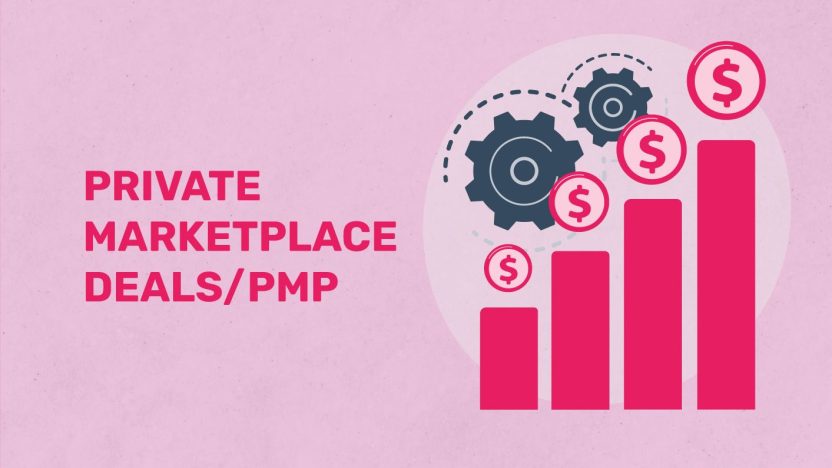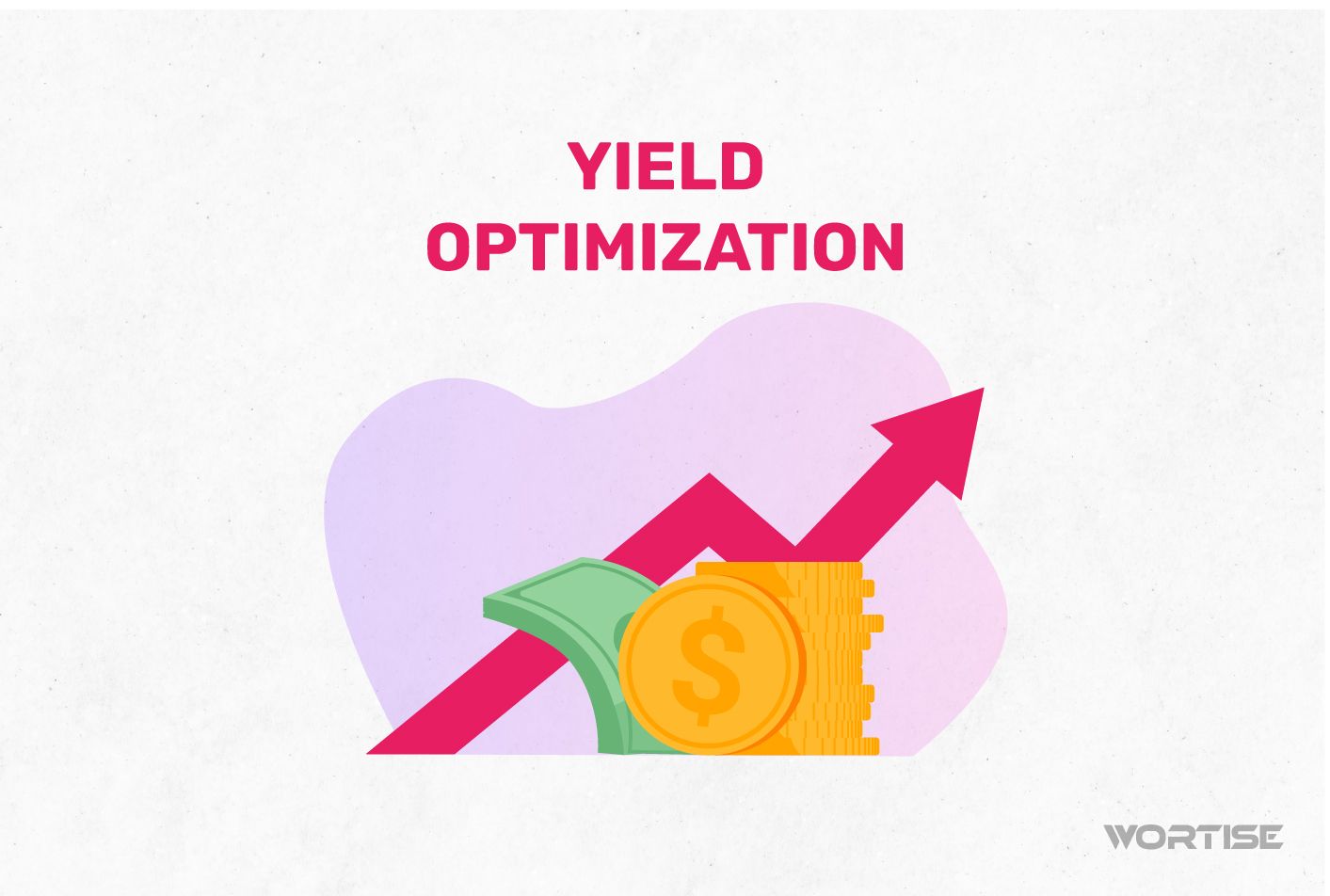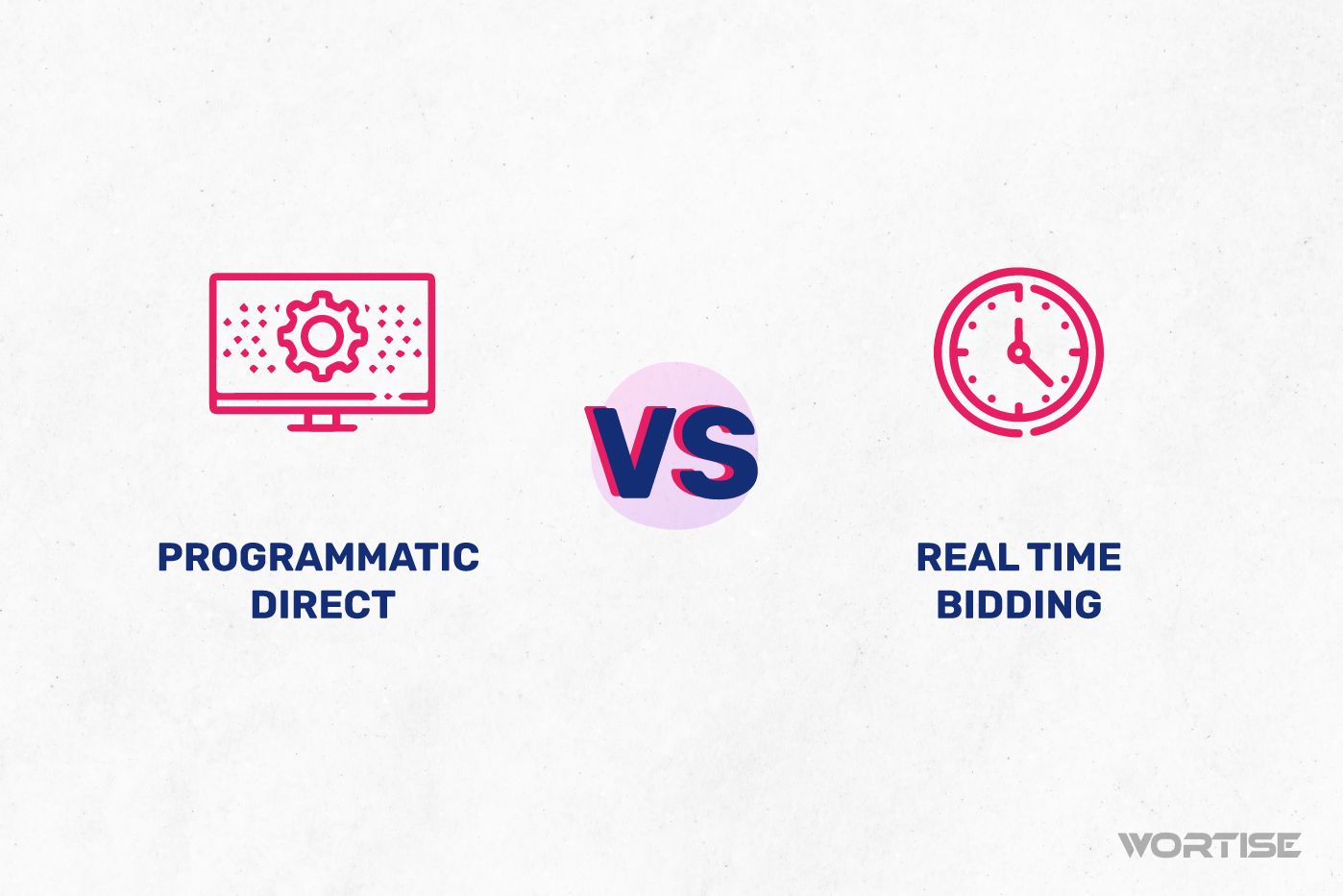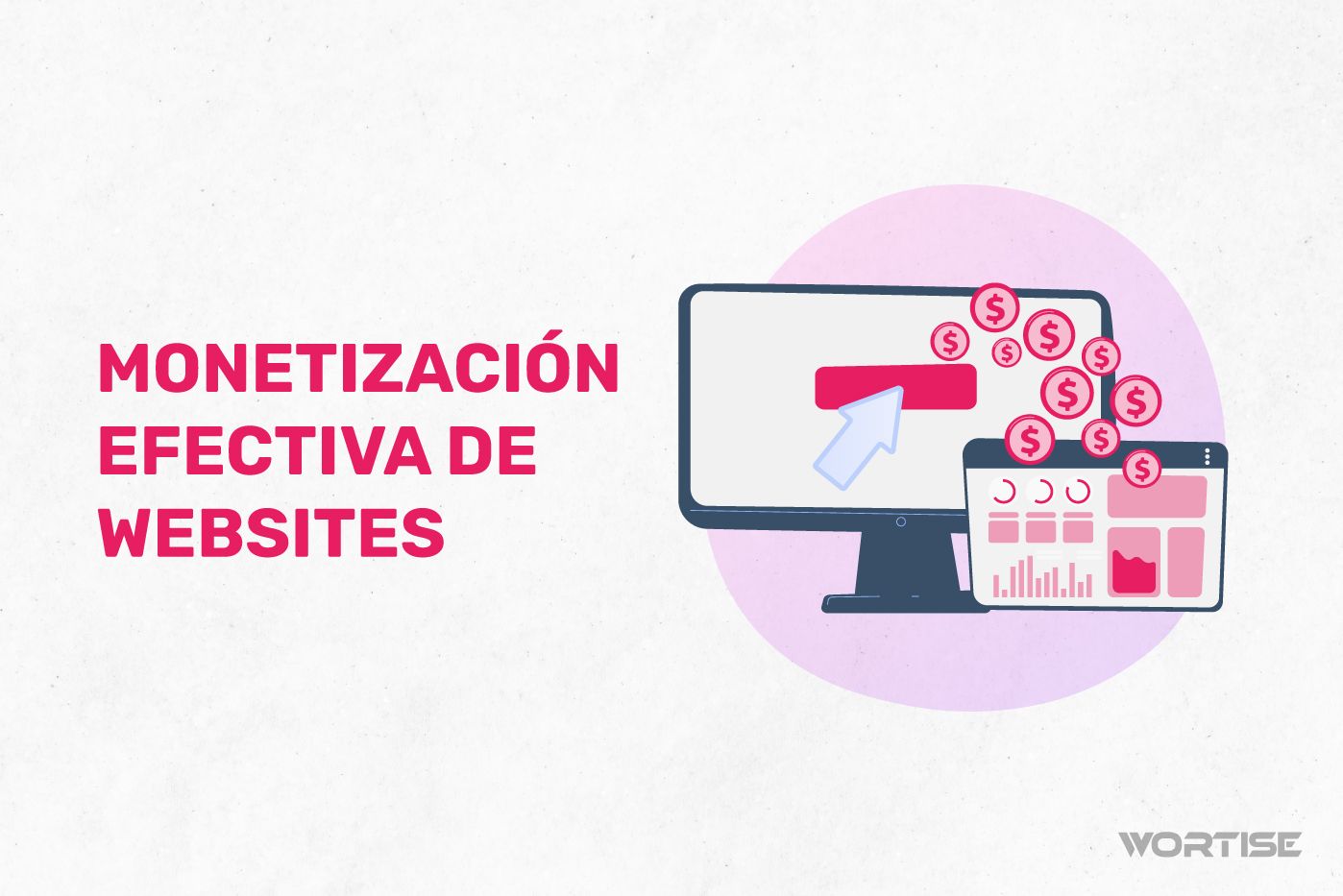Si tienes un Rolex y quieres venderlo a un comprador específico y no a cualquier persona, básicamente estás haciendo lo posible por maximizar las ganancias y asegurar que la transacción sea transparente y segura. Justo eso es lo que propone el private marketplace deals/ PMP: brindarte las condiciones para que decidas quién compra tu inventario y a qué precio.
Las ofertas de mercado privado tienen un montón de beneficios para publishers y anunciantes. Sin embargo, para poder exprimir al máximo sus funciones lo mejor es conocer cómo funciona y qué acciones puedes realizar para tener éxito. Te contamos todo a continuación.
¿Qué son los private marketplace deals/ PMP?
Las ofertas de mercado privado (private marketplace deals) son un tipo de transacción muy habitual dentro de la publicidad programática. Su función es permitir a los publishers y advertisers establecer acuerdos directos para comprar y vender inventario publicitario de forma controlada, exclusiva y organizada.
Se caracterizan por llevarse a cabo en un espacio más selectivo y restringido (cada oferta está restringida para un número específico de compradores) , dando oportunidades al editor de configurar su espacio solo para anunciantes seleccionados. Este método de trabajo es muy diferente a las subastas abiertas en tiempo real, que suelen ser públicas y habilitadas a cualquier tipo de anunciantes.
En pocas palabras, los private marketplace deals (PMP) son un entorno exclusivo donde los publishers invitan a los advertisers a participar en procesos de licitación en tiempo real. Una vez la oferta es configurada, el comprador recibe una invitación con el precio mínimo.
Cada precio es variable y se negocia según el tipo de anuncio, la calidad y la audiencia.
¿Cómo funcionan los Private Marketplace Deals/ PMP?
En las ofertas de mercado privado no hay anarquía ni desorden: es un espacio donde prima el control y la organización. Todo está perfectamente configurado para que las tareas de monetización sean bastante eficientes y atractivas.
Pero, ¿realmente cómo funciona un PMP? Aunque parezca obvio, lo primero es elegir una plataforma de mediación de anuncios que proporcione herramientas y funcionalidades avanzadas de monetización.
Básicamente, esta es la estructura de funcionamiento de los PMP:
#1 Configuración
El primer paso lo dan los editores. Ellos crean un mercado privado en una ad mediation y establecen parámetros con el inventario que tienen disponible. En este apartado también se configuran los segmentos de audiencia y precios mínimos.
#2 Invitación a los advertisers
Cuando tienen todo configurado, el próximo paso de los publishers es seleccionar a los anunciantes con los que deseen llegar a acuerdos de PMP. Una plataforma de mediación efectiva permite hacer las invitaciones de forma directa (es lo más recomendable), pero también se puede llegar a negociaciones por otros medios.
#3 Negociación
Llegados a este punto, ambas partes llegan al punto más importante de todos: los términos del acuerdo. Aquí se toma en cuenta el precio, volumen de impresiones, duración (días o meses) y otros puntos de interés.
Normalmente estos términos suelen modificarse a la larga, tomando en cuenta las necesidades y metas de editores y anunciantes.
#4 Implementación de configuración + acceso exclusivo al inventario
Antes de poner en marcha cualquier anuncio, toca configurar la plataforma de compra programática para reflejar los términos acordados. Todo esto incluye la asignación del inventario, la audiencia y los precios mínimos.
Por ello la importancia de contar con una plataforma de mediación que garantice que el acuerdo se lleve de forma transparente y segura.
Además, los anunciantes que participan en el PMP pueden tener acceso exclusivo al inventario por el que pactaron y pueden realizar ofertas exclusivas.
#5 Monitoreo y análisis
No solo los editores podrán monitorear el rendimiento de su inventario, también los anunciantes tienen la opción de realizar un seguimiento continuo y ajustar sus estrategias si es necesario.
Si la segmentación utilizada no está rindiendo frutos, el monitoreo permanente hará que se puedan tomar decisiones informadas para mejorar. Lo mismo sucede con los informes detallados a los que tienen acceso, los cuales permiten medir la tasa de clic, conversiones y otros indicadores de calidad (KPI) relevantes.
¿Qué beneficios tienen las ofertas de mercado privado para los editores?
La inversión en publicidad programática es indetenible. Cada vez más empresas y proyectos se unen a esta modalidad de anuncios para poder llegar a nuevas audiencias. Solo en 2022 se estimó que el mercado de la publicidad programática superó los 7,3 billones, una cifra que podría multiplicarse por 2 en los próximos dos o tres años.
En medio de ese mercado tan dinámico, se intuye que en el 2022 –según estudios de eMarketer– el 17% del gasto total en publicidad programática se produjo a través de los private marketplace deals.
Hay cifras redondas en juego y una serie de beneficios que te mostramos a continuación:
- Control sobre el inventario: el poder seleccionar y definir qué anunciantes tienen acceso a su inventario es una de las ventajas más notorias de las que goza un publisher. Esto funciona como un filtro, pues cada editor se asegura de que los anuncios que se muestran en su app sean relevantes y de calidad.
- Relación directa: en los PMP incrementan las posibilidades de establecer relaciones más directas con los advertisers. Esta colaboración más estrecha permite comprender mejor las necesidades de los anunciantes y dar paso a estrategias personalizadas.
- Mejor segmentación: dirigirse a audiencias específicas aumenta la posibilidad de hallar anunciantes premium cuyos productos vayan en sintonía con los de cada editor. El beneficio es notorio: mejores resultados en tasas de conversión, clics y ROI.
- Cuidar reputación de la app: como no todo el mundo puede anunciar en tu app, es válido asumir al PMP como un mecanismo que permite cuidar la reputación e integridad de tu app. Evitarás contenido de baja calidad, obsceno o irrelevante para tu audiencia.
Ventajas para el anunciante al llegar a acuerdos en los PMP
Mucho hemos hablado de los beneficios del editor en los PMP, pero poco de lo que puede alcanzar un comprador en este mercado privado. Aquí te dejamos algunos pros para equilibrar la balanza:
- Acceso a inventario premium: cada comprador puede poner su publicidad a funcionar en sitios de renombre, brindando a cada usuario mayor confianza y transparencia. Abundan los inventarios premium.
- Evita fraudes: en los PMP hay políticas de seguridad avanzadas y filtros más completos si lo comparamos con las subastas abiertas. Por eso, una ventaja evidente es que el comprador está protegido del fraude publicitario.
- Sabe dónde se muestran los anuncios: cada anunciante puede seleccionar un público específico al cual dirigirse, de esta forma se aseguran de que sus anuncios se vean en entornos apropiados.
Atajos para generar más ingresos publicitarios con los Private Marketplace Deals:
#1 Adáptate a los cambios del mercado
El private marketplace deals/ PMP es dinámico y experimenta cambios de manera periódica. En cada temporada, es común que se observen variaciones en los CPM, la tasa de oferta y la disponibilidad de inventario, entre otros aspectos.
Aunque tradicionalmente el primer y segundo trimestre suelen ser periodos de menor actividad en la industria de la publicidad programática, la inversión en esta área tiende a aumentar significativamente en el cuarto trimestre. Por tanto, la estacionalidad se convierte en un factor fundamental a considerar al establecer acuerdos PMP, ya que permite adaptarse a las fluctuaciones del mercado y aprovechar las oportunidades de mayor demanda.
#2 Compara el mercado PMP con las subastas abiertas
Dado a la efectividad de los PMP para llegar a audiencias potenciales, cada vez más anunciantes se suman a esta forma de hacer publicidad. Pero antes de establecer algún acuerdo a la ligera, lo mejor es que analices a fondo el mercado.
Te sugerimos que hagas un análisis profundo del valor de tu inventario en el marketplace de subastas abiertas, así evitarás vender tu espacio por debajo del precio del mercado y asegurar una tasa de CPM mucho más ventajosa.
Ya sabes, nunca le quites el ojo a las subastas abiertas en tiempo real.
#3 Establecer precios competitivos
Toma en cuenta que hay otros editores intentando quedarse con los mejores anunciantes. Quizás tu oferta no sea la única que reciba un comprador, por eso asegúrate de establecer precios competitivos que reflejen el valor de lo que ofreces.
Esto no solo habla de tu transparencia como editor, sino que supone una forma de maximizar los ingresos a mediano y largo plazo.
#4 Mejora la visibilidad de los anuncios
Al tiempo que tú como editor quieres elevar tus ingresos publicitarios, los compradores buscan apps que le brinden una mayor visibilidad. Quizás en las subastas abiertas este asunto no sea tan prioritario, pero en las PMP lo es todo.
Puedes obtener una mayor visibilidad si creas segmentaciones estratégicas por zonas geográficas, intereses y comportamiento de navegación; optimizas tu app al máximo y te apegas a un diseño responsivo que sea agradable visualmente.
#5 Sácale provecho a las listas de audiencia
Si no lo sabes, en los PMP los editores tienen la posibilidad de compartir sus propios datos con los compradores, los cuales pueden reservar inventarios y garantizar que cada impresión de anuncio se ajuste a su lista de audiencia.
Esto hace que los editores puedan ofrecer una experiencia de usuarios mejorada y anuncios de calidad, mientras que los anunciantes aprovechan sus propios datos de audiencia en medio de las negociaciones.
#6 Incluye anuncios relevantes
Que la desesperación por monetizar no te lleve a negociar anuncios de baja calidad. Está comprobado que las ofertas de encabezado del lado del cliente elevan las tasas de coincidencia y, dependiendo de la plataforma que uses para publicitar, es posible mostrar anuncios en una sección específica de la aplicación.
#7 Formatos y creatividades
Los formatos de videos generan resultados más destacados que los anuncios de display. No obstante, es clave que sepas diversificar tu inventario y mostrar distintos tipos de formatos para no aburrir a la audiencia y lograr el cometido: elevar el coste por cada mil impresiones (eCPM).
Debes contemplar los banners, nativos, intersticiales, geo smarts y otros formatos que hacen que la publicidad no se vea tan forzada.
#8 Escoge una plataforma confiable
La aplicación de todos los hacks que te hemos dado será más fácil si cuentas con una plataforma de mediación que te brinde oportunidades de conectar con compradores premium, métricas de rendimiento, herramientas de segmentación, detección de contenido inapropiado y soporte oportuno.
Hablemos sobre los ID de trato en el PMP: así debes configurarlo
Para operar en el mercado privado necesitas un ID de oferta, que es básicamente una línea de cadena de caracteres que define el precio mínimo y otros datos concernientes a la oferta.
Con un ID los editores pueden ofrecer a los anunciantes una parte seleccionada de su inventario únicamente por invitación. Además, el ID es clave para conectarse con los demand site platforms (DSP).
Esto es lo que debe contener un ID para ser configurado de manera correcta:
- Nombre del anunciante comprador
- DSP
- Fecha de inicio y final del acuerdo
- ID del comprador
- Configuración de orientación y limitación
- Precio CPM
- Segmentación de la audiencia
- Inventario a ejecutarse
Los ID de acuerdos elevan los niveles de confianza y control entre las partes.
Llega a los mejores Private Marketplace Deals con Wortise y genera más ganancias
¡Hola, Publisher! Dar con anunciantes premium en las ofertas de mercado privado es algo que no tiene por qué volverse complicado. Mientras te enfocas en el código, nosotros te ayudamos a conectar con compradores premium para maximizar el valor de tu inventario.
En Wortise te ayudamos a incrementar tus ingresos como editor con nuestra plataforma de redes de anuncios avanzada con más de 100 Ad Networks.
Brindamos soporte personalizado, el eCPM más alto del mercado y acompañamiento con tácticas para maximizar tus ganancias.




